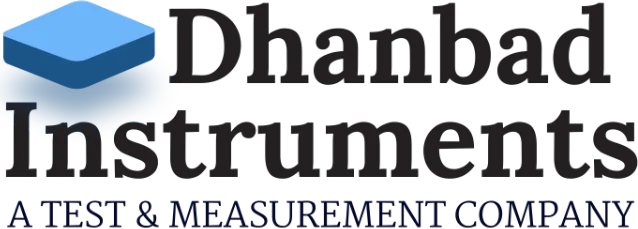Radiation Survey Meter
What is a Radiation Survey Meter?
A Radiation Survey Meter / Radiation Detector is a portable device designed to measure and detect ionizing radiation in various environments. It plays a crucial role in ensuring the safety of individuals working in industries such as nuclear power plants, medical facilities, research laboratories, and emergency response teams. The meter actively scans its surroundings, providing real-time data on the levels of radiation present.
Equipped with sensitive detectors, the device registers alpha, beta, and gamma radiation, allowing users to assess potential hazards. Its compact and user-friendly design enables easy handling and mobility, facilitating rapid response in emergency situations. The active voice in radiation monitoring allows professionals to promptly identify and address any unexpected spikes in radiation levels, mitigating potential risks.
Users, such as radiological technicians and emergency responders, actively engage with the device by monitoring its digital display or audible alarms. The Radiation Survey Meter is an indispensable tool for maintaining a safe working environment, ensuring compliance with safety regulations, and safeguarding both personnel and the public from the harmful effects of ionizing radiation.
Choosing the Right Radiation Survey Meter: 10 Essential Tips for Informed Decision-Making
1. Define Your Purpose:
Before purchasing a Radiation Survey Meter, clearly define your specific needs and applications. Identify whether you require a meter for general radiation monitoring, emergency response, environmental monitoring, or specific industrial processes.
2. Consider the Radiation Types:
Ensure the meter is capable of detecting the types of radiation relevant to your work, including alpha, beta, and gamma radiation. Different environments may present varying radiation sources, so choose a meter with appropriate detectors for comprehensive coverage.
3. Calibration and Accuracy:
Check the calibration and accuracy specifications of the meter. Regular calibration is crucial for reliable measurements. Choose a device with a reputable calibration history, and consider options with user-friendly calibration features.
4. Measurement Range:
Evaluate the meter’s measurement range to ensure it covers the expected radiation levels in your environment. Select a device with a wide enough range to accommodate potential fluctuations and emergency scenarios.
5. Portability and Durability:

Opt for a portable and durable design, especially if you need to carry the meter to different locations. Look for features such as a rugged casing, ergonomic handles, and a lightweight build for ease of use in the field.
6. Battery Life and Power Options:
Consider the battery life of the meter and the availability of power options. A long battery life is essential for extended use, and options for both rechargeable and disposable batteries can provide flexibility in the field.
7. User Interface:
Choose a meter with a user-friendly interface, featuring a clear display, intuitive controls, and audible alarms. A straightforward interface enhances usability, especially in high-stress situations or emergencies.
8. Data Logging and Connectivity:
Look for meters that offer data logging capabilities, allowing you to record and analyze radiation data over time. Connectivity options such as USB or Bluetooth can facilitate data transfer to computers for further analysis.
9. Compliance with Standards:
Ensure that the Radiation Survey Meter complies with relevant international and industry standards. Adherence to standards guarantees that the meter meets quality and safety requirements for accurate radiation measurements.
10. Training and Support:
Consider the availability of training resources and customer support from the manufacturer. Adequate training ensures proper usage and reliable support can be crucial for troubleshooting and maintenance.
By considering these factors, you can make an informed decision when purchasing a Radiation Survey Meter tailored to your specific requirements.

